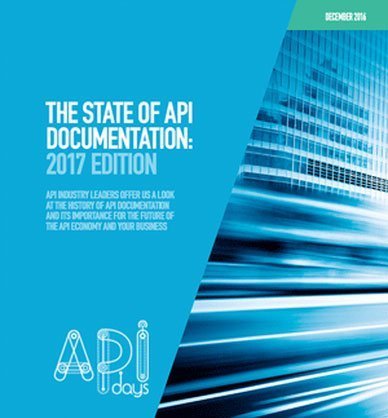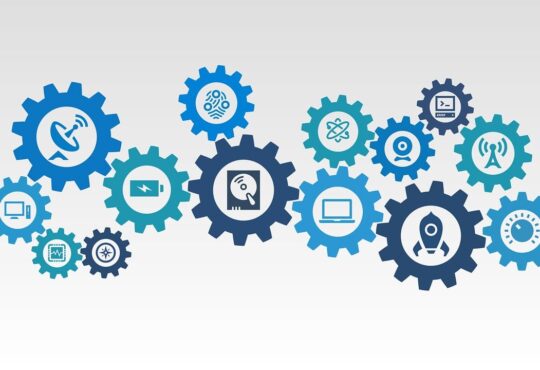
This is an article by Faysal Ghauri, the Founder and CEO of Halal Payments Network Inc. It mainly focuses on providing the Muslim community with Islamic and Sharia-compliant products through our payment network ecosystem.
Open Banking
Open banking is a global movement where we allow third-party payment providers to access customer information through APIs. These third-party providers (TPP) could be telecom companies, utilities, businesses, FinTech, etc. The bank is opening its APIs and then providing access to the TPP through the API. TPPs are building up the products and innovations through the FinTech that they offer by collecting customer data through these APIs.
Benefits of Open Banking
- Improved customer service
- Rapid prototyping of new services
- New revenue streams
- more insight-driven data
- Being viewed as an innovator
- Increased compliance with regulations
A recent share market report expects 37.7 7 billion worldwide open banking industry by 2025.
The geographical scope of Open Banking Initiatives
Open Banking is most mature and driven through Europe. In Europe, most open banking initiatives are international, and others are national and industry. Most of the implemented open banking systems are in Europe, China, Hong Kong, and emerging markets in Africa, the Middle East, and some of Saudi Arabia, Turkey, and Australia. These are transitional at the moment.
Sharia or Halal Compliance
Sharia compliance, Islamic finance, and ethical banking are the same. All of these are driven by the Sharia law, the divine law for the religion. Currently, 135 countries are covered by IFDI, the Islamic Financial Development Institute. It is a $3.374 trillion market, expected to grow 8% daily by 2025. In my opinion, there is one myth. Most people think that Islamic finance or economic principles are only for Muslims. In the North American market, even non-muslims buy Halal meat because they know and trust that it is more hygienic. Similarly, we need to make people more aware and build trust in the concept of Halal finance. This is not only for Muslims; it is for humanity.
IFIs (Islamic financial institutions) and Open Banking
IFIs stand to gain numerous benefits from Open banking. For example, currently, with conventional banking, if I want to open up a financial institute, I need a lot of funds and a lot of regulations to be compliant. I need many other factors to be factored on before proceeding with any financial status. The beauty of open banking, for example, banking as a service, FinTech as a service, and API-based FinTech, is that it is cost-efficient, takes lesser time, and is flexible and agile. IFIs could also leverage Fintech innovations in providing value-added services to customers. One such example is integration with Islamic social finance (WAQF, Zakat, and Sadaqah) fintech companies. With open APIs, WAQF, Zakat, and Sadaqah Fintech platforms can easily access customer accounts in IFIs, when customers want to make their contributions via the platforms. Fintech innovation on zakat calculation would require customers access to their saving balance at various financial institutions. These could easily connect to IFIs and retrieve the required information. This is a huge market, where we can do a lot of work.
Another Fintech innovation that requires both asset and liability data across financial institutions is for Wasiat. Wasiat is inheritance. Wasiat documentation requires access to all asset and liability information of an individual that may reside at various financial institutions. Due to the dynamic nature of the information, they need to be udpated from time to time. Eventually, when a Muslim dies, his or her wealth needs to be distributed according to faraid (Islamic inheritance law).
FinTech innovation to compute faraid for distribution would also require access to the deceased assets and liabilities spread across various institutions. Again with published open APIs, access to the data will be very easy and possible, providing great value to the customer.
Existing Solutions
- Personal investment
- Home ownership
- Savings
- Payments
- Crowdfunding
- P2P Lending
Why Halal payments came up in the market?
In North America and Europe, most of the Muslim community was unbanked because of the lack of trust in the financial product provider. As they were unbanked, they are not buying their home, are not going for mortgages or car leasing, and are still living on rent. We studied this huge potential and built the Halal Payments Network ecosystem in the Canadian market to provide Sharia-compliant products by enabling their trust to provide the right products for the right people through our Super App.
This is a huge market. This is not only for the Muslim or a specific beliefs perspective. If we target based on the population, we can get a lot of business through this open banking system and according to Sharia compliance.









